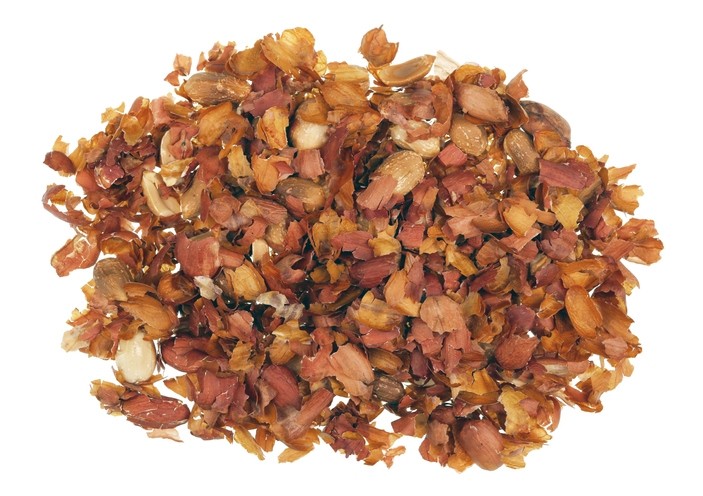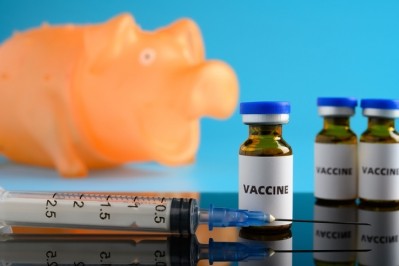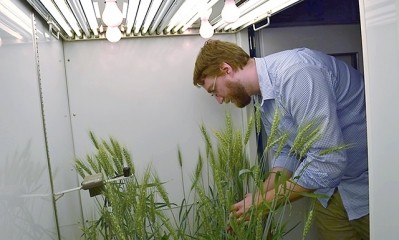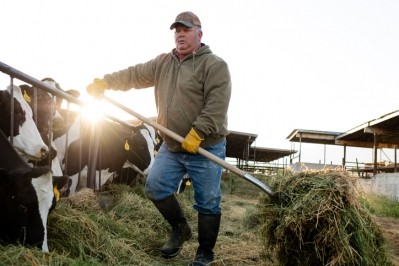Research shows untapped potential of peanut skins for use in poultry diets

Peanuts accounts for 65% of all US nut consumption. But there is an estimated 40 million to 70 million pounds of peanut skin waste generated from the processing of the nut into various consumer focused products, according to the USDA’s Agricultural Research Service (ARS).
Ondulla Toomer, a research chemist with the ARS, has been carrying out studies at the agency's Food Science and Market Quality and Handling Research Unit in Raleigh, North Carolina, into alternatives to landfill for such waste.
The researcher sees untapped nutritional potential in the paper-thin skins in terms of their protein, carbohydrate, fat, fiber, mineral and vitamin content.
Peanut skins also contain bioactive compounds, including antioxidants that help neutralize cell-damaging molecules in the body called free radicals. Some, in fact, have antioxidant activity levels equal to those of green tea, grape skins and other sources, according to Toomer.
Poultry feed application
On the livestock feed front, Toomer and collaborators are exploring the benefits of adding peanut skins to the diets of poultry. However, peanut skins contain tannins, which can reduce the digestion of protein from feed. The researchers have begun evaluating low inclusion levels (4%) of peanut skins with a view to determining the optimal amount that can be added.
Aware of peanut sensitivities in some consumers, the researchers also checked for the presence of allergenic peanut proteins in egg and meat samples produced from birds fed peanut-containing diets. However, no traces of peanut allergens were detected.
In addition, the scientists are looking to determine whether birds fed peanut skins shed fewer Salmonella bacteria, which can pose a human food safety concern in terms of the consumption of poultry meat or eggs.
Toomer said profiling the nutritional chemistry and properties of peanut skins is a key step towards figuring out how best to use them.








